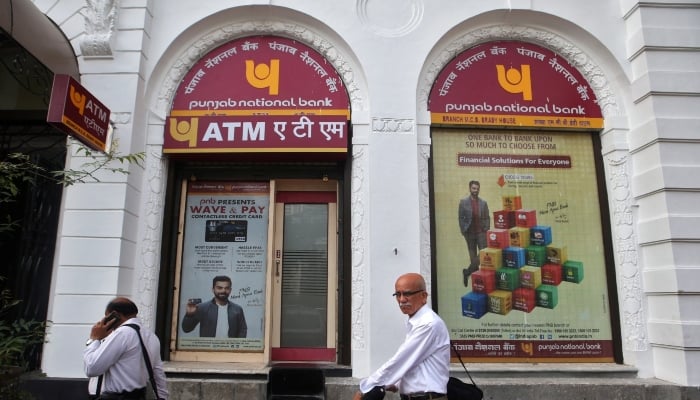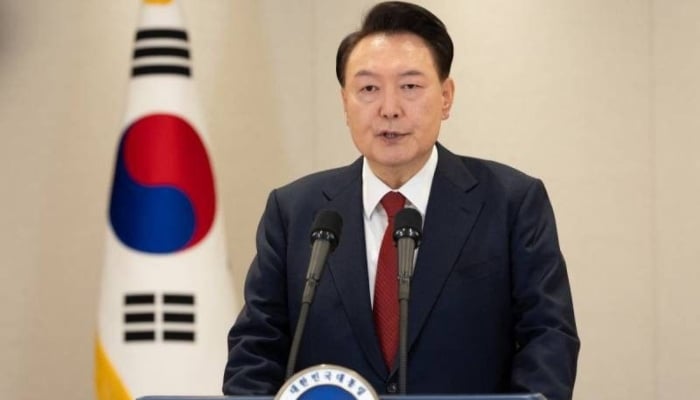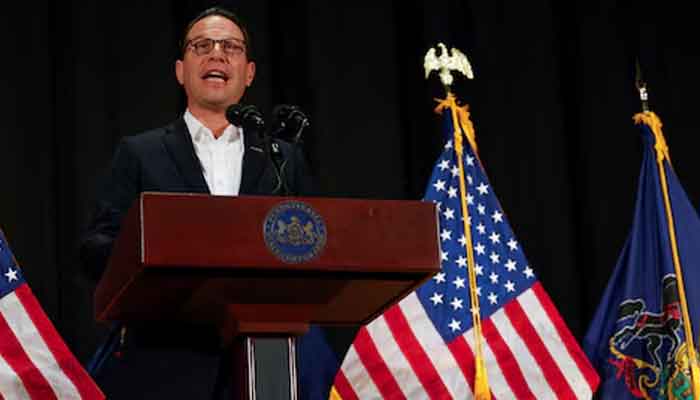NEW YORK: Elite US university Harvard was hit with a $2.3 billion freeze in federal funding on Monday after rejecting a list of sweeping demands that the White House said was intended to crack down on campus anti-semitism.
The call for changes to its governance, hiring practices and admissions procedures expands on a list Harvard received on April 3, which ordered officials to shut diversity offices and cooperate with immigration authorities for screenings of international students.
Harvard president Alan Garber vowed in a letter to students and faculty to defy the government, insisting that the school would not “negotiate over its independence or its constitutional rights”.
Trump’s Joint Task Force to Combat Anti-Semitism responded with a statement announcing the $2.2 billion hold in multi-year grants, plus a freeze on $60 million in government contracts.
“Harvard’s statement today reinforces the troubling entitlement mindset that is endemic in our nation’s most prestigious universities and colleges — that federal investment does not come with the responsibility to uphold civil rights laws,” it said.
“The disruption of learning that has plagued campuses in recent years is unacceptable. The harassment of Jewish students is intolerable. It is time for elite universities to take the problem seriously and commit to meaningful change if they wish to continue receiving taxpayer support.”
Campuses across the country were rocked last year by student protests.
The Department of Education announced in March that it had opened an investigation into 60 colleges and universities for alleged “anti-semitic harassment and discrimination.”
Garber’s letter came after the administration placed $9 billion in federal funding to Harvard and its affiliates under review, making its first demands.
On Friday, the government sent Harvard a much more detailed list demanding an “audit” of the views of students and faculty, which the university made public.
‘Raging antisemitism’
Harvard generated an operating surplus of $45 million on a revenue base of $6.5 billion in the last financial year.
Garber said the school was “open to new information and different perspectives” but would not agree to demands that “go beyond the lawful authority of this or any administration.”
“No government — regardless of which party is in power — should dictate what private universities can teach, whom they can admit and hire, and which areas of study and inquiry they can pursue,” Garber said.
However, he also said, viewing allegations of antisemitism, “As we defend Harvard, we will continue to nurture a thriving culture of open inquiry on our campus; develop the tools, skills, and practices needed to engage constructively with one another; and broaden the intellectual and viewpoint diversity within our community.”
The issue of antisemitism on campus erupted before Trump took office for his second term, following pro-Palestinian student protests last year at several universities.
Top Republican congresswoman Elise Stefanik, who was lauded by Trump last year for aggressive questioning of universities over anti-semitism, called for Harvard to be defunded, calling it “the epitome of the moral and academic rot in higher education”.
The New York firebrand, seen as one of the most vocal supporters in Congress of Israel and US Jewish causes, accused the university of tolerating “raging antisemitism”.
Harvard’s response to the White House’s demands was in sharp contrast to the approach taken by Columbia University, the epicentre of last year’s pro-Palestinian protests.
The Trump administration cut $400 million in grants to the private New York school, accusing it of failing to protect Jewish students from harassment as pro-Palestine protesters rallied.
The school responded by agreeing to reform student disciplinary procedures and hiring 36 officers to expand its security team.
As well as the funding cut, immigration officers have targeted two organisers of the pro-Palestinian protests at Columbia: Mahmoud Khalil, whom the government is seeking to deport, and Mohsen Mahdawi, who was arrested on Monday as he attended an interview to become a US citizen.
Additional input from Reuters

_updates.jpg)

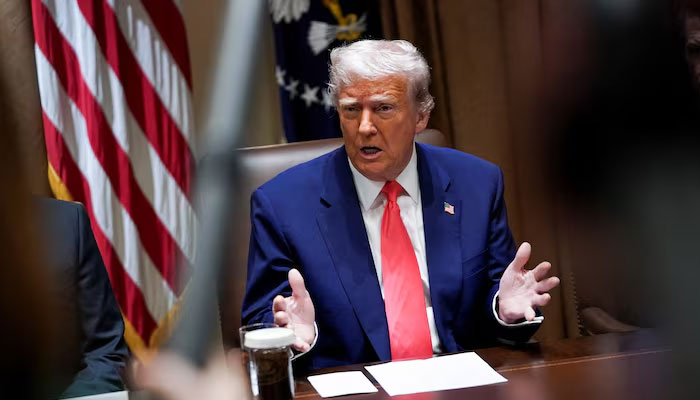

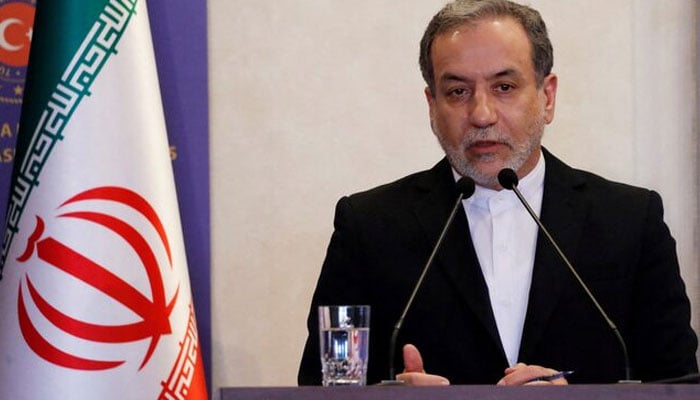

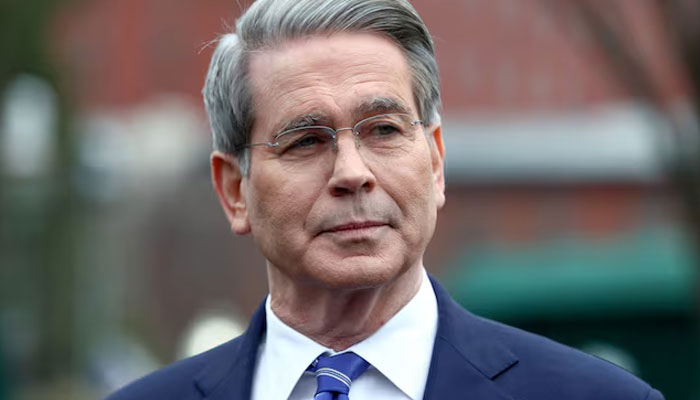

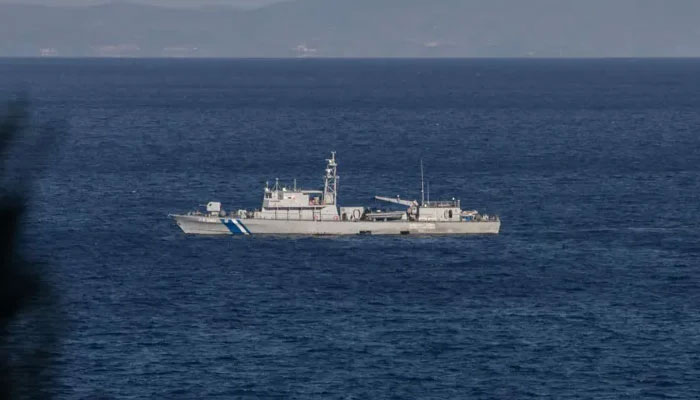



_updates.jpg)

